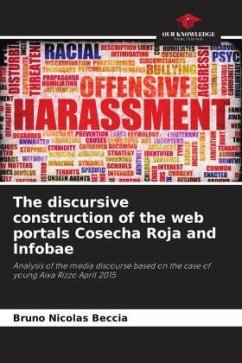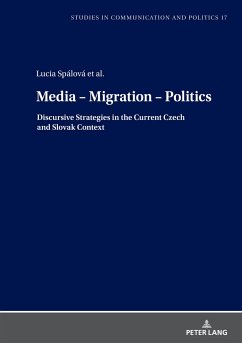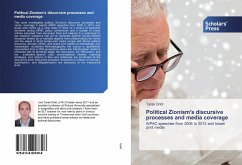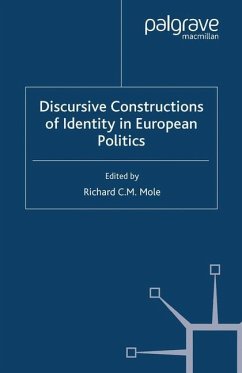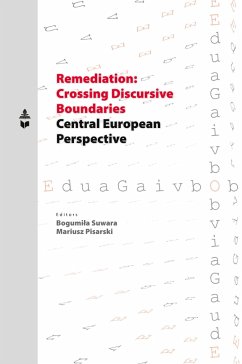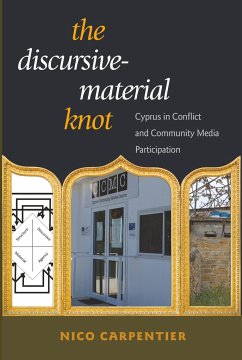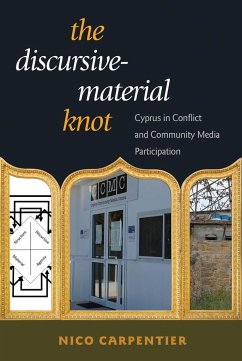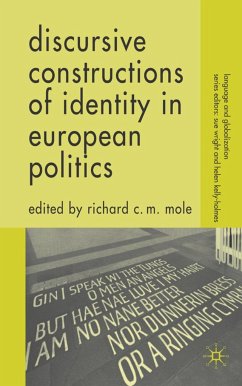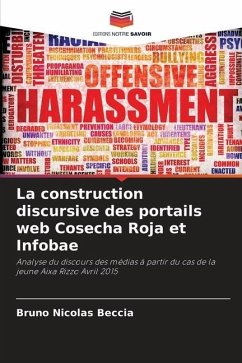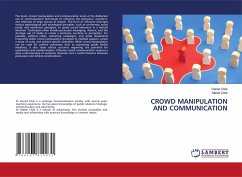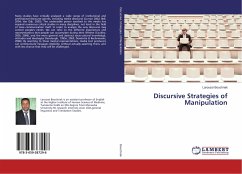
Discursive Strategies of Manipulation
Versandkostenfrei!
Versandfertig in 6-10 Tagen
41,99 €
inkl. MwSt.

PAYBACK Punkte
21 °P sammeln!
Many studies have critically analyzed a wide range of institutional and professional discourse genres, including media discourse (Curran 2002; Bell, 2004; Van Dijk, 2005). The undeniable power ascribed to the media has inspired numerous critical studies in many disciplines, not least in the field of mass communication itself. In order to analyze the way discourse may control people's minds. We can refer to the different experiences and representations that people can accumulate during their lifetime (Couldry, 2005, 2006), and the more general and abstract socio-cultural knowledge, attitudes an...
Many studies have critically analyzed a wide range of institutional and professional discourse genres, including media discourse (Curran 2002; Bell, 2004; Van Dijk, 2005). The undeniable power ascribed to the media has inspired numerous critical studies in many disciplines, not least in the field of mass communication itself. In order to analyze the way discourse may control people's minds. We can refer to the different experiences and representations that people can accumulate during their lifetime (Couldry, 2005, 2006), and the more general and abstract socio-cultural knowledge, attitudes and ideologies (Fairclough, 1995a, 2003; Develotte & Rechniewski, 2006). By resorting to these mental representations, media text producers can communicate messages implicitly, without actually asserting them, and with less chance that they will be challenged.



